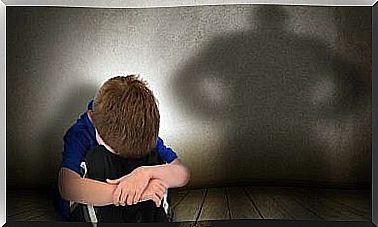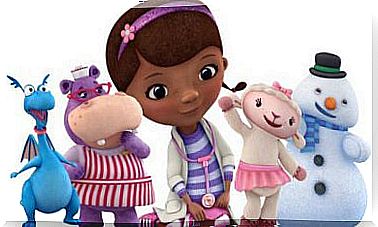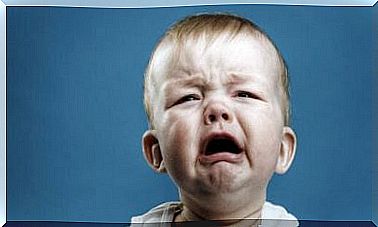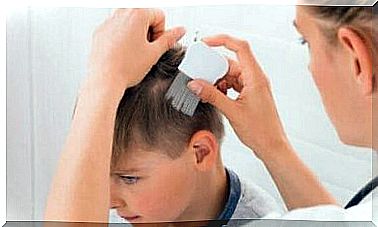Praising Children In Front Of Others, Rebuking Them At Home

Influential Brazilian educator Paulo Freire taught that upbringing should always be with love and never with pain. But very often we see parents reprimanding or even yelling at their children in front of others .
This is a big mistake because it only amplifies negative emotions without finding a solution.

Aggressively reprimanding a child in front of others is counterproductive
Think of a situation that comes up very often: a teacher corrects his students and rebukes them in various ways.
Statements such as “you are lazy”, “you will never pass this subject”, or “you are completely incapable of maths” can be used. But this is frustrating for the student and in no way motivates him.
- Never reprimand or disqualify a child in front of others. It becomes emotionally charged, its self-esteem is hurt and it is labeled as “lazy” or “incapable”.
- In the long run, this “prophecy” can actually come true. Because the child thinks: “Why should I make an effort when my teacher says that I am incapable of math?”
- In addition, because of these statements, the classmates also believe that the child is lazy or incompetent, because this is what the teacher said after all.
A child can be reprimanded to stop speaking during class. Then you invite them to a private conversation. It is not necessary to discuss the subject further in front of others.
The teacher can then show the child strategies to improve. This can motivate them and also change their behavior. It also improves the relationship and allows the child to express their thoughts and needs.

Parents who aggressively reprimand the child
When the father or mother yells at the child, they lack emotional intelligence. They let themselves be guided by negative emotions and can traumatize the child.
- If you react angrily to the child’s behavior in public, you can do just the opposite and move further away from the solution.
- Shouting out creates fear. This is not a form of education and has negative consequences for the development of the child: It weakens their self-esteem, they become insecure, frustrated, aggressive …
Correct at home, praise in public
When was the last time you praised your son or daughter in front of others? Today? You probably know the importance of showing how proud you are of your child in front of others.
You can certainly do this at home, but if you praise your child in front of others, you can strengthen their self-esteem in a very special way, especially when the child is still young.
We then mention a few more aspects that you should not forget:
Never compare your child to others. Make it feel like it’s the best!
Some parents make the mistake of saying statements like the following to others in front of their children and believing that their children will not notice them:
- “Your son is way ahead of me.”
- “The smallest is the slowest of them all, I don’t even know what to do with him.”
Avoid these or similar sentences. You have to formulate it positively:
- “My child is a very special person, it is the best in the world!”
- “My daughter is prettier and smarter every day, she will achieve anything she wants!”

Use positive opportunities
You should correct your child in a sensitive, close, and loving way at home. Avoid labeling it or being fatalistic (“You’ll never learn this!”).
Exercise constructive and positive criticism:
- If you try a little harder, you’ll make it. I am here to help you.
- You have behaved badly, but I’m sure you can show me how good and responsible you are too.
- I know that you were wrong, but I trust in you and also know that you will do it perfectly next time.
- Understand that you did not behave right. I’m going to show you how to do it right now so you can prove to me how wonderful you are.
If you practice this simple piece of advice, you will be far more successful with it than if you mistreat your child in front of others. Bring it up without fear! Love, respect, and tenderness are important in raising happy children.
Pictures by Sonja Wimmer









